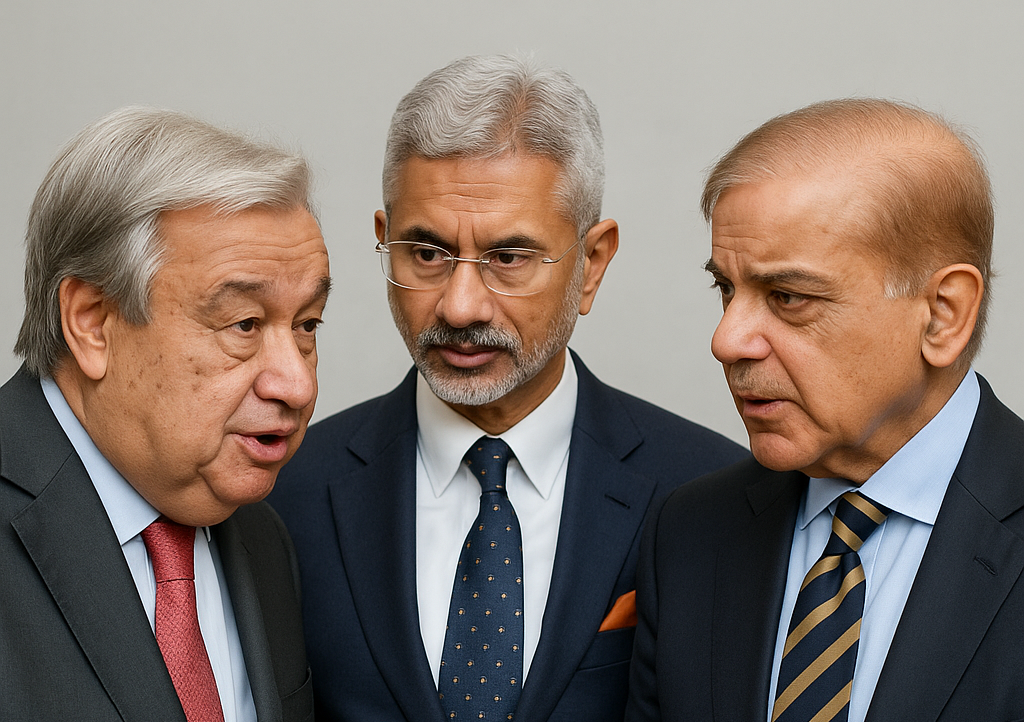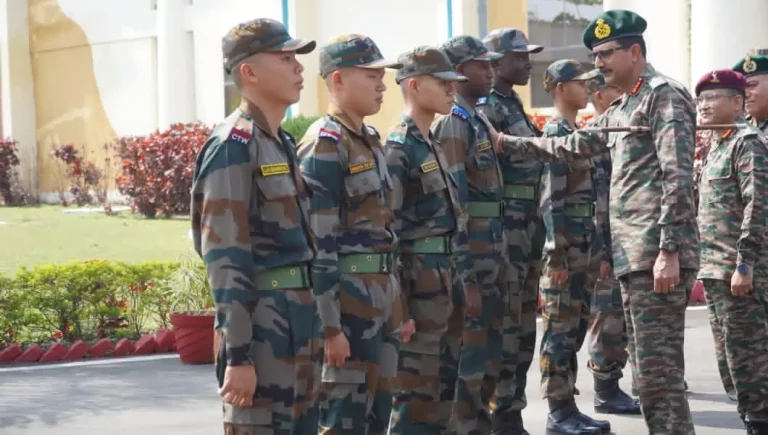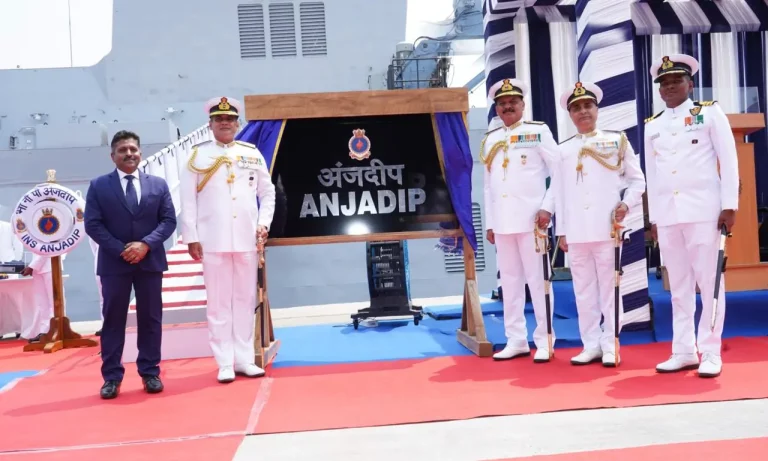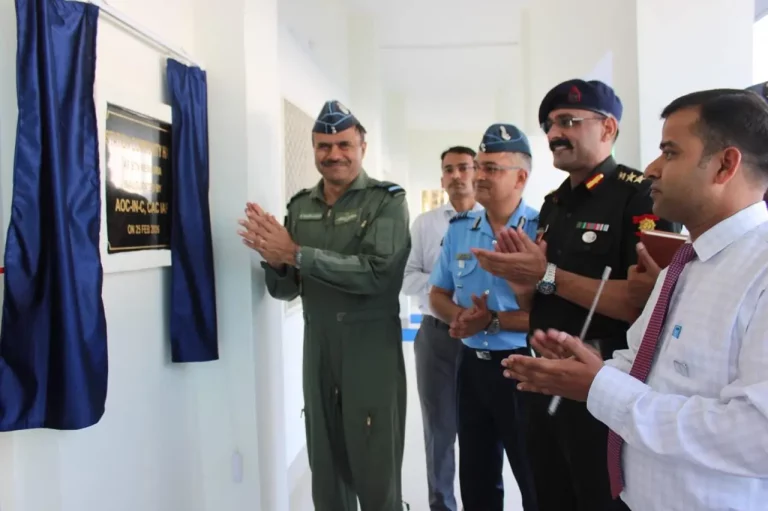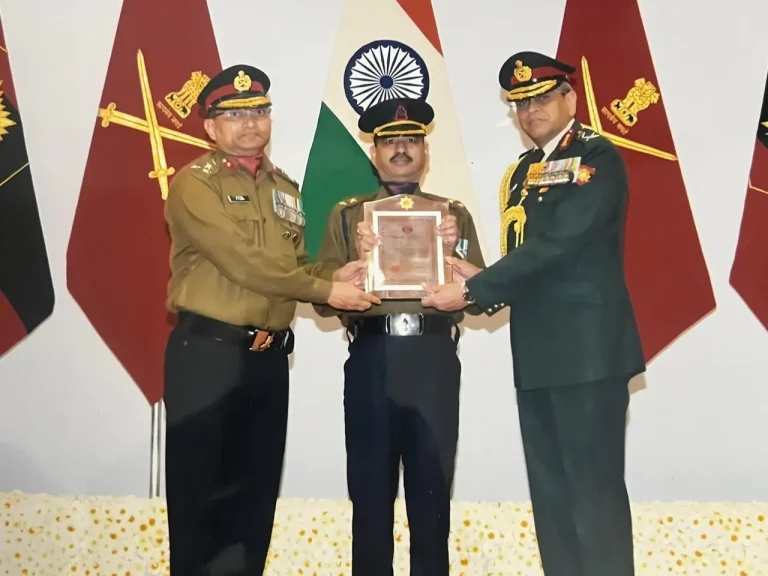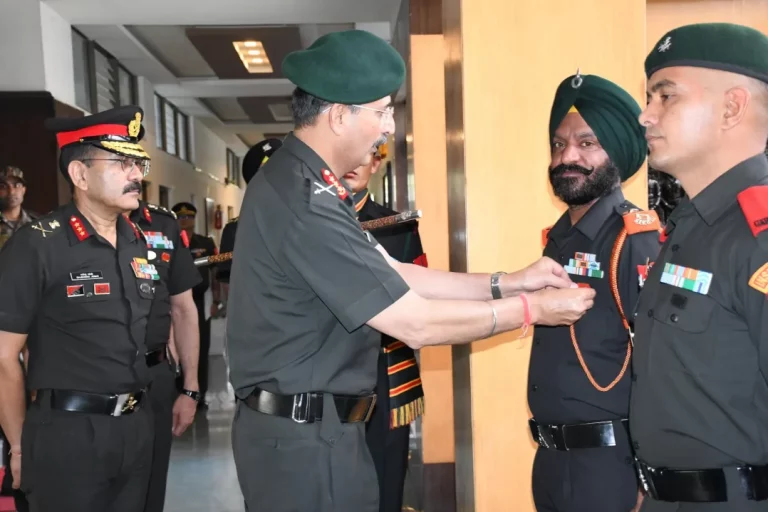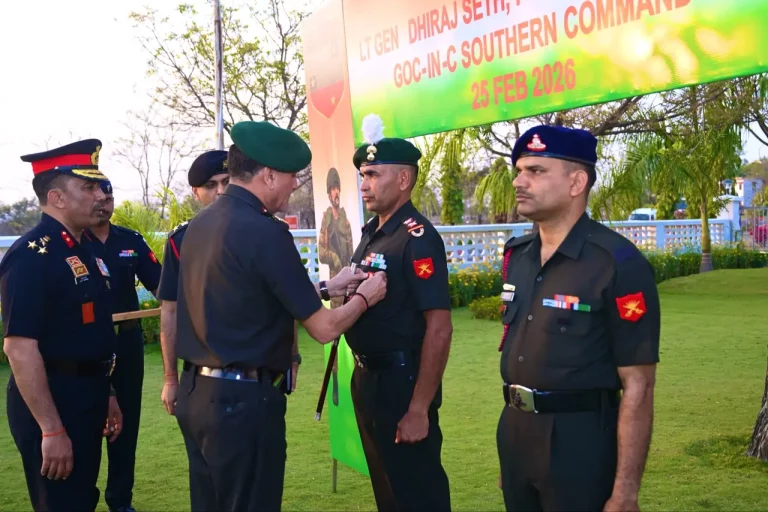In the aftermath of a devastating terror attack in Pahalgam, Jammu and Kashmir, which resulted in the tragic loss of 26 lives, there has been a significant escalation in tensions between India and Pakistan. Following the incident on April 29, 2025, United Nations Secretary-General Antonio Guterres engaged in separate discussions with Indian External Affairs Minister S. Jaishankar and Pakistani Prime Minister Shehbaz Sharif. During these conversations, he urged both nations to de-escalate tensions and to avoid any confrontational actions.
Guterres condemned the attack in the strongest terms and emphasized the necessity of pursuing justice through lawful channels. His spokesperson, Stephane Dujarric, conveyed Guterres’s deep concern regarding the increasing hostilities in the region, reiterating the UN chief’s willingness to provide support for peace efforts through his “Good Offices.”
In response to the attack, India has implemented a series of stringent measures aimed at Pakistan. These actions include suspending the Indus Water Treaty, expelling Pakistani military officials from the country, and closing the Attari border post. The government in Pakistan has reacted strongly, asserting that any interference with its water rights would be interpreted as a declaration of war, thereby increasing concerns about a potential military escalation.
Indian Prime Minister Narendra Modi has granted the armed forces full operational freedom, allowing military leaders to determine the nature and timing of the country’s response. The Resistance Front (TRF), a group linked to the Pakistan-based militant organization Lashkar-e-Taiba, has claimed responsibility for the Pahalgam attack, further complicating the situation.
As diplomatic and military tensions continue to rise, the international community is closely monitoring developments in South Asia. There is a collective hope that careful and measured actions will prevail over reactions fueled by vengeance, as both nations navigate this precarious and volatile environment.
